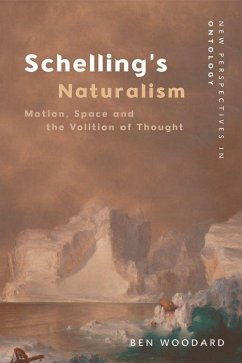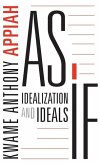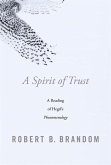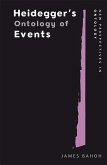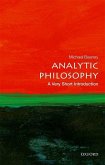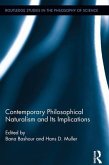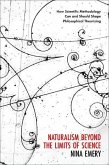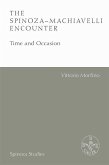Brings Schelling's theory of nature into dialogue with Analytic and Continental philosophy Schelling is a philosopher fundamentally concerned with the problem of nature and how philosophy has, historically, ignored or reduced nature's importance. For Schelling, philosophy is impossible without a robust conception of nature, something which is lacking from most contemporary forms of philosophy both Analytic and Continental. Nature, in Schelling's eyes, is not simply the great outdoors, or some authentic pastoral realm, but the various powers, processes and tendencies which run through biology, chemistry, physics and the very possibility of thought itself. Using Schelling's philosophy, Ben Woodard examines how an expanded form of naturalism changes how we conceive of the division between thought and world, mathematics and motion, sense and dynamics, experiment and materiality, as well as speculation and pragmatism. Ben Woodard is a post-doctoral researcher at the Institute for Philosophy and Art Theory at Leuphana University in Lüneburg, Germany

